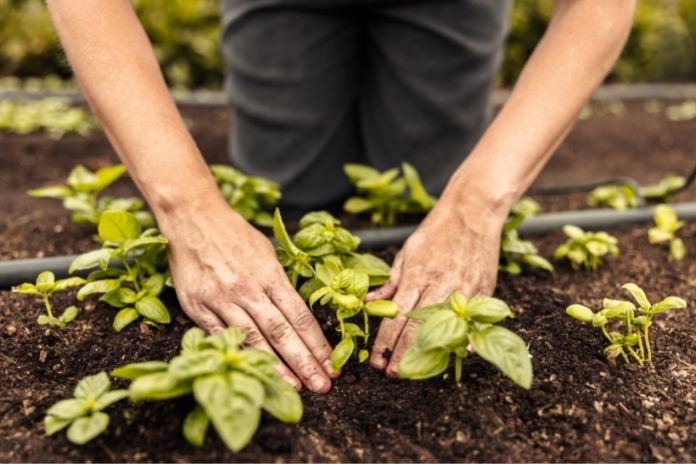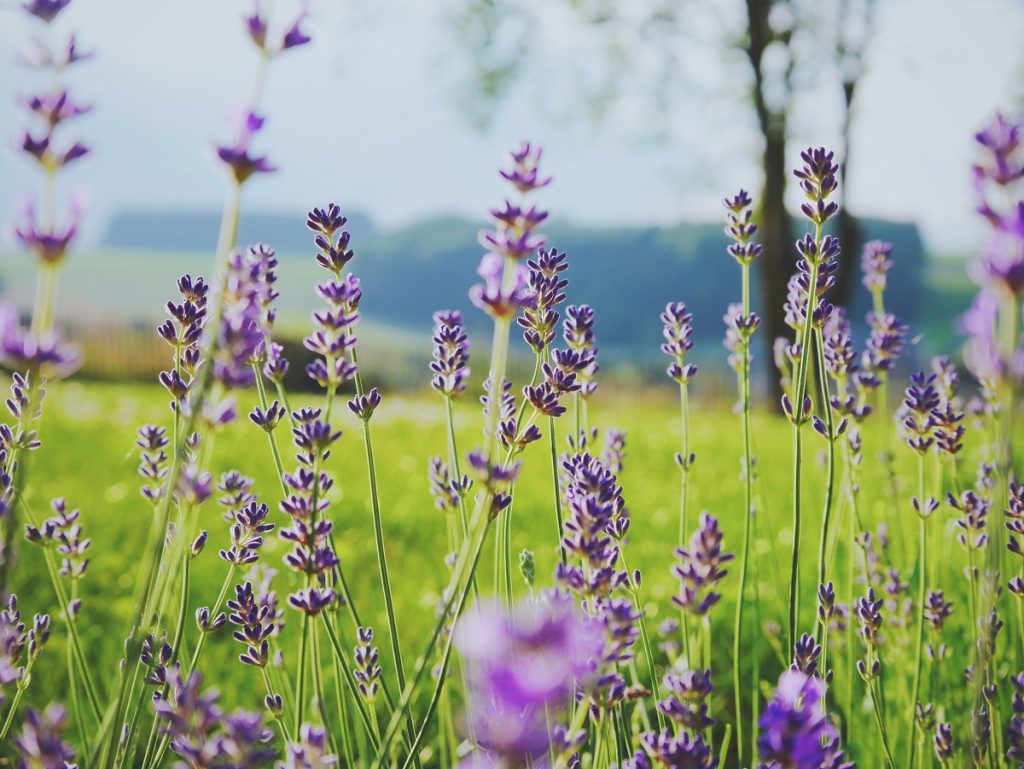
Gardening is a therapeutic hobby. Really, there are natural antidepressants in the soil! On the individual level, gardening does not make much of a dent in the environment. But gardening is about connecting with the earth. By developing our relationship with Mother Nature, we can garden in an eco-friendly way. Here is how to have an environmentally sustainable garden.
Get In There
Weeds are annoying, but it is possible to beat them without chemicals that damage the earth. Just think, if our ancestors could do it, so can we. Removing weeds without chemicals is simple—just get in there and pull them out with your hands.
Getting on the ground can seem like a challenge, but this process targets key areas rather than spraying your entire garden with chemicals. Moreover, pulling weeds by hand connects you to the land, your garden and yourself. By hand-pulling weeds, you will notice how therapeutic gardening can be.
How You Water
It’s not about how much water you use here—it’s how you use it. If you are unfamiliar, irrigation systems are environmentally sustainable methods for watering your garden. Spraying your plants with the shower setting on your hose is wasteful, even if it is fun to pretend like it’s raining.
There are different irrigation systems, but gardeners tend to implement a popular technique known as drip irrigation. Drip irrigation uses water more efficiently because you can control how much water each plant gets. Moreover, drip irrigation is also extremely helpful in preventing weeds since it keeps water output limited.

Enemy of My Enemy
It is almost too easy to get rid of creepy crawlers with pesticides, but it’s not the only way. The alternative does require more effort, but it will make your garden more environmentally sustainable. The truth is, when striving for a sustainable garden, we may not be able to get rid of pests completely, but we do have some control.
Placing companion plants in your garden deters many pests. Common companion plants include basil, thyme, lavender, petunias and marigolds. What’s more, these plants attract insects that are beneficial to your garden, creating a symbiotic relationship between insects and plants.





























